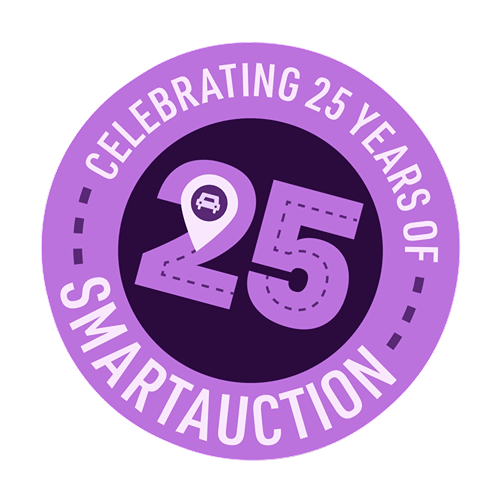Getting the most from F&I takes transparency – and training.

One hot topic for dealers is whether the traditional path to purchase, which ends in the F&I office, might be less valuable for both the buyer and the dealership than talking upfront about things such as affordability, financing options and F&I products.
“Frankly, there’s a lot of dealers out there who recognize the importance of modernizing their process in some shape, form or fashion,” says Trae Townsend, senior training specialist at Ally Financial. “But they really haven’t invested the resources to see that come to life. And that’s where you end up with some clunky processes.
“But what the consumer simply wants is someone … who understands their circumstances, where they’re at, what they’ve been through. And they want an experience that really serves their needs. … Effective dealers, they’re not really scared of this ambiguity. … They’re embracing it and creating a process that adapts to it—an adaptable sales process, if you will, which happens to be one of the most highly requested training subjects that we have here at Ally.”
F&I transparency—discussed upfront in the sales process—can prove to be a big asset for the dealership, Townsend says. “In general, there’s far too little transparency when it comes to F&I products,” he says. “And as an industry, we’ve been talking about that for a while. But the real question is, how do we address it?
“One of the biggest shortcomings we have as an industry is onboarding new employees… Most training programs involve just shadowing someone for a couple of days and then being sent out to conquer the world.”
– Trae Townsend, Ally Financial
“Many dealers that do business with Ally have empowered their sales staff to have some initial conversations around products early and often throughout their entire sales process, whether that’s in person or whether they are conducting that digitally.”
Training is especially critical for new employees, Townsend says. “One of the biggest shortcomings we have as an industry is onboarding new employees,” he says. “Don’t get me wrong, there’s plenty of dealers who have well-thought-out onboarding processes for new hires. But as an industry, it’s something that we struggle with. And I hate to say it, but most training programs involve just shadowing someone for a couple of days and then being sent out to conquer the world.
“That leaves most employees grasping for straws for a pretty significant amount of time, which really leads to one of the biggest concerns that we have when it comes to training, when it comes to the industry at large—that’s turnover. When people don’t have the tools that they need to succeed, it’s certainly harder to keep them engaged and almost impossible to have them producing at the level that’s expected.”
Typically, Townsend says, the most effective dealers have a well-defined and a well-documented onboarding process for new employees. “That’s going to have a healthy mix of conceptual job training, actual on-the-job training and, finally, some soft-skills dealership culture training,” he says.
“So many times there is a significant amount of on-the-job training without the other components. So we run into employees who know what the process is, but they don’t understand the concepts behind it. And they don’t have the soft skills to most effectively implement it.
“The dealers that we do business with, when they have these in place, typically their employees are more engaged and more productive because they’ve really bought into the process and what they’re trying to accomplish.”

Full service
Solutions and support for every inch of your dealership and beyond.
Ally provides a full suite of products and services delivered by a stacked team that wants nothing more than to see you succeed.
